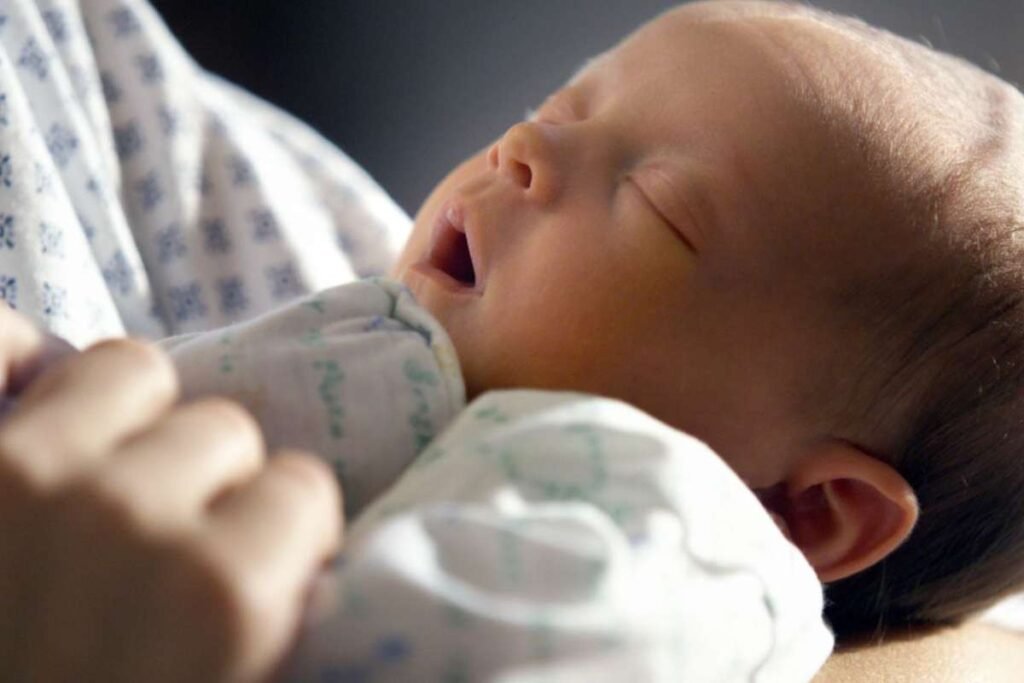In a landmark moment for reproductive medicine, eight healthy babies have been born in the UK Scientists using a pioneering IVF method that incorporates DNA from three individuals. The technique, known as mitochondrial donation treatment (MDT), was carried out under a carefully regulated scientific trial at the Newcastle Fertility Centre. This advancement aims to prevent the transmission of rare but fatal mitochondrial diseases passed down maternally.
The breakthrough was confirmed by researchers from Newcastle University’s Wellcome Centre for Mitochondrial Research. The mitochondrial donation treatment (MDT) method involves replacing faulty mitochondria in a mother’s egg with healthy mitochondria from a donor woman, while keeping the nuclear DNA from the biological parents intact. This ensures the baby inherits genetic material from three people but only 0.1% of it is from the donor, confined to energy-producing structures in the cells.
According to The Guardian, this is the first time the technique has resulted in confirmed live births without signs of mitochondrial disease.
Inside the Trial: Promising Results, Ongoing Caution
The eight births occurred between 2018 and 2024 as part of a controlled trial approved by the UK’s Human Fertilisation and Embryology Authority (HFEA) currently the only national body worldwide that permits mitochondrial donation in clinical settings.
Of 32 embryos created using mitochondrial donation treatment (MDT), 14 led to pregnancies, resulting in eight live births. In each case, the amount of faulty mitochondria passed to the babies was below 2%, a level deemed too low to cause illness. The findings were published in the journal Fertility and Sterility on July 16, 2025.
As reported by Live Science, mitochondrial diseases affect roughly one in 5,000 people and often lead to neurological disorders, heart problems, or early death. Until now, there has been no way to eliminate the risk in children born to affected mothers without resorting to donor eggs.
Although the births mark a significant scientific success, researchers stress the importance of long-term follow-up to ensure that the children remain healthy and free of late-onset complications.
Ethical Debate and the Future of Genetic Intervention
The MDT technique sometimes controversially dubbed “three-parent IVF” has reignited ethical discussions about genetic intervention in humans. Critics argue it could pave the way for designer babies, while others worry about unforeseen effects on future generations.
However, UK Scientists emphasize that the donor mitochondria influence only cellular energy production and have no bearing on traits like personality, appearance, or intelligence. The goal, they say, is purely medical: to stop inherited diseases from passing down the maternal line.
As noted by the U.S. News, experts remain cautious but optimistic. The UK Scientists pioneering steps in this field may open new avenues for genetic counseling and infertility treatment globally.
The success of this trial could lead to broader acceptance and availability of MDT, potentially transforming the outlook for families affected by devastating mitochondrial conditions. For now, the birth of these eight children marks a hopeful chapter in the fight against inherited disease, an example of science pushing boundaries for the betterment of human life.









